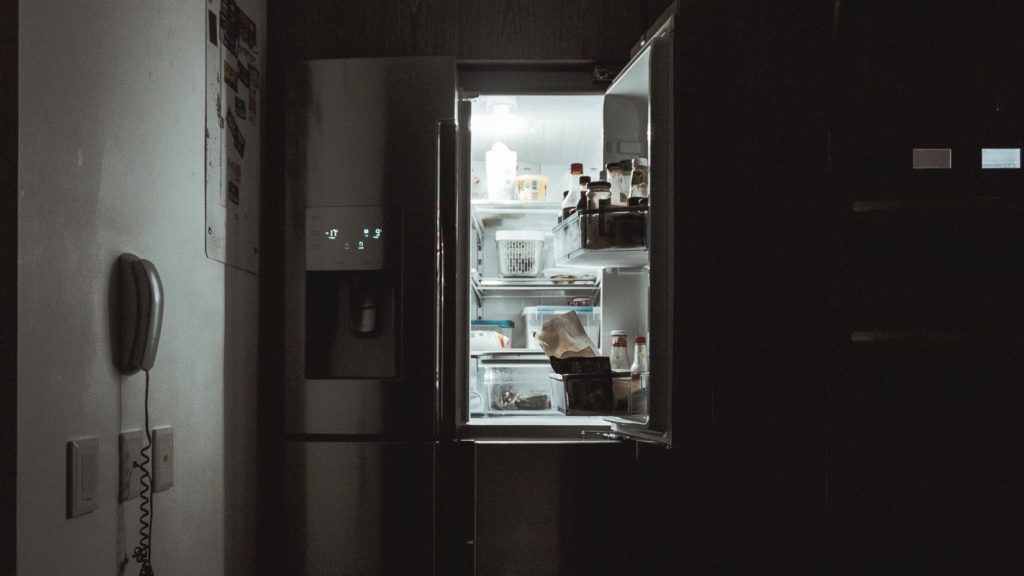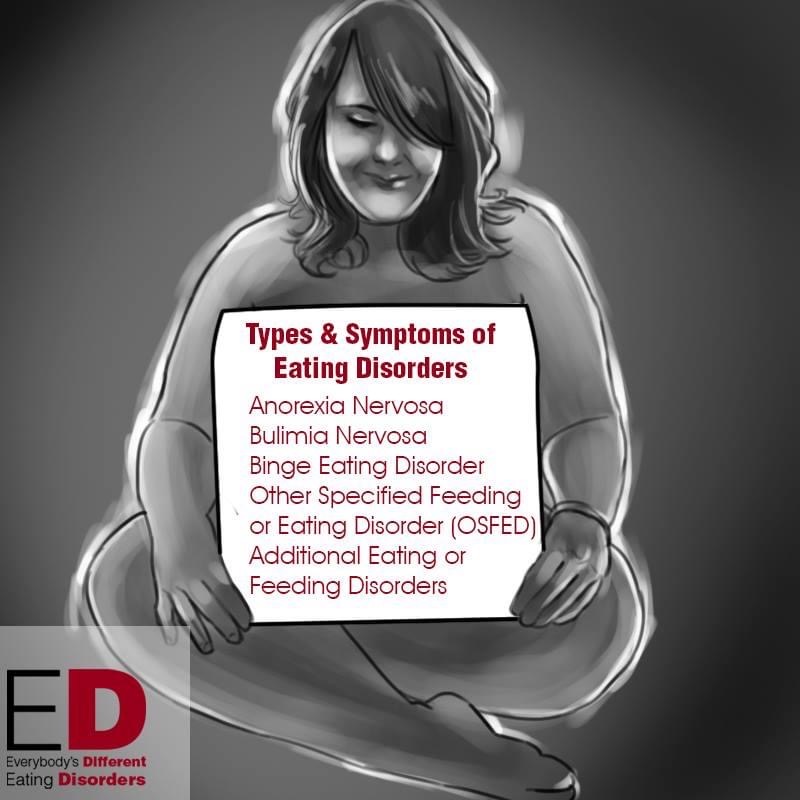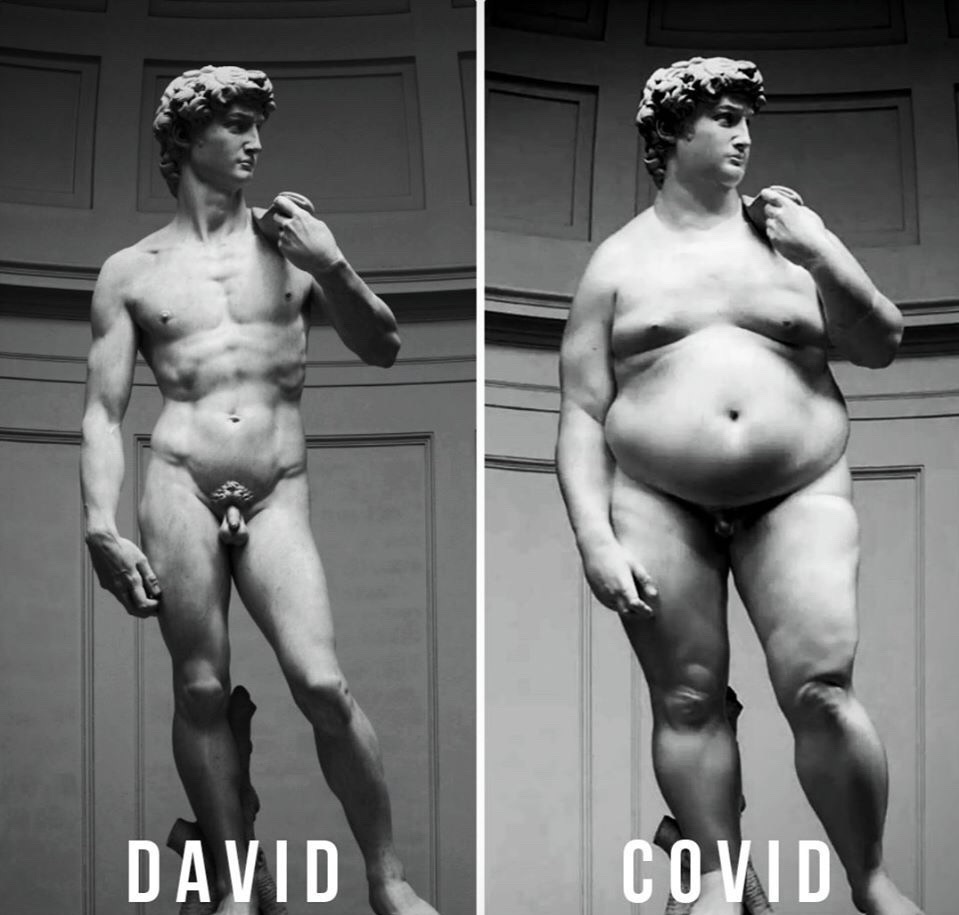There are 1.6 million people in the UK who are affected by eating disorders and the lockdown makes the situation worse. What do people with such disorders go through during the lockdown time?

It was nearing midnight, Sarah tiptoed to the fridge barefoot, avoiding waking up her parents. The huge emptiness in her stomach swallowed her willpower whole. She wanted to eat.
What pains her more is a sense of guilt after the hearty meal, but she knew this feeling would end up with another self-induced vomiting.
“This is an endless vicious circle,” says Sarah, 19, living in Cardiff with her parents during the lockdown. “I cannot balance my desire for food and upset feelings, and the lockdown crisis makes the panic even worse.”
The problem plaguing Sarah is called an eating disorder. “An eating disorder is when you have an unhealthy attitude to food, which can take over your life and make you ill,” says a spokesman from Beat, a UK based charity for eating disorders.
“What’s going to kill you is not the eating disorder itself, but the associated mental problems, such as depression, self-harm, and anorexia.”

There are many different types of eating disorders. According to the NHS health webpage, anorexia nervosa, bulimia, and binge eating disorders (BED) are the most common types.
Unfortunately, Sarah is not a rare victim of such a “food disorder”. According to the report by BEAT in 2015, there are over 1.6 million people in the UK who are affected by eating disorders. Unfortunately, the lockdown has caused a rise in these cases.
According to the data collected by Beat, the number of people asking for help through social media services is increasing by 80% and a 35% increase can be seen in helpline calls all over the UK during the lockdown.
Dawid Bogon, a Cardiff local and psychotherapist, says, “Genetic, psychological and environmental factors are all key reasons causing eating disorders.”
However, according to Dawid, stockpiling and lockdown induced panic is a major trigger factor for people suffering from the condition. “The best way to avoid stockpiling induced eating disorder is to shop by yourself and get food you like and feel able to eat,” says Dawid.

Posts and comments on social media prey on people’s worries of weight gain and often this social phenomenon of body shaming can also be a trigger.
Alex Crisp, another youngster has been struggling with food disorders for 4 years. He tells me, “Posts on social media endlessly reminds me of the fact of being fat in the lockdown time, which makes me highly distressed.” For people with the condition, jokes on weight are not funny and cause unexpected psychological damage.
Dawid suggests that avoiding spending too much time on social media is an effective way to reduce stress and refrain from relapsing. “Understand your emotions and try to read any therapy books can help you cope with pressure,” says Dawid.
Communicating and sharing emotions is a good treatment but during the lockdown, online chatting and psychotherapy can help them cope with the distress effectively.
Beat provides 365 days of helpline service to people who need professional help. The spokesperson for Beat says, “We do the usual check through Zoom meetings. Our volunteers and patients can use this online service sharing their feelings, and they think it’s really helpful.”
Cardiff University Student Union also provides a service called Student Minds to collect information and provide a platform for students who have an eating disorder to seek help. A statement made by Student Union says that for additional help with an eating disorder, students should locate their GP as soon so possible to find timely information and support.
The Welsh government has also made some effort to ensure people can get help for their mental health during the crisis. According to the statement made by the Welsh government, an extra £24 million will be used to support charities during the crisis, and also for technology that has been promised to be used to replace GP appointments.
There are thousands like Sarah who are struggling with this simultaneous physical and psychological damage, and only when organizations like Beat and the government are working together, can they overcome this mental crisis.
